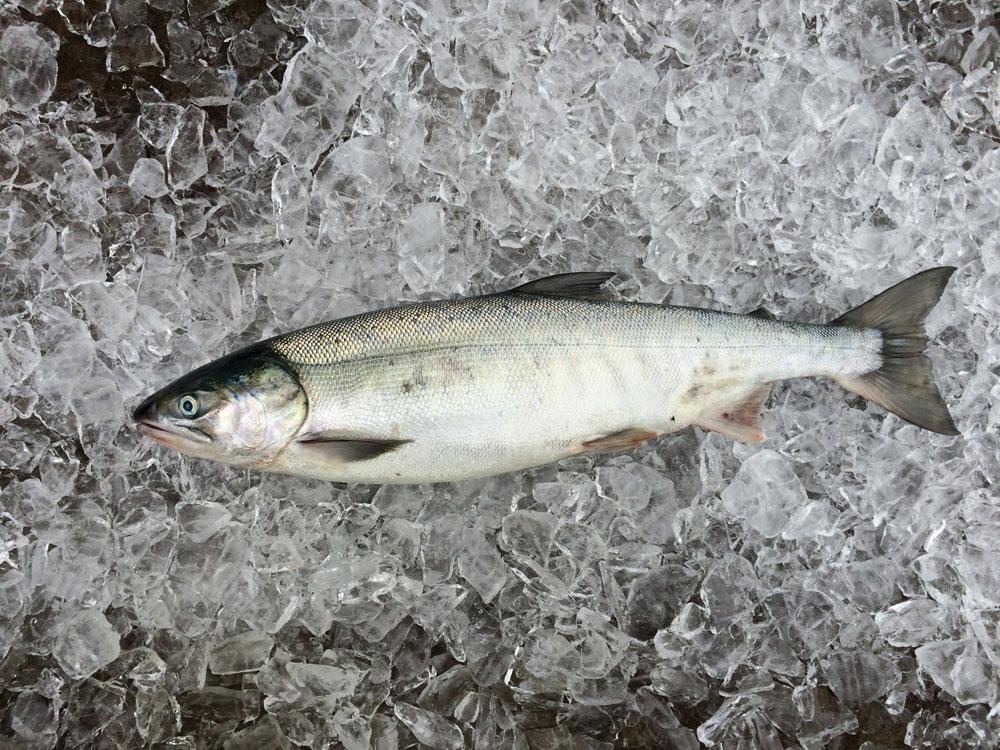Products
- Food Ingredients
Proteoglycan Powder (for Food)
| Display Name Example for Food | ◎ Salmon Nasal Cartilage Extract ◎ Salmon Cartilage Extract (contains undenatured Proteoglycan), etc |
|---|---|
| Display Name Example for Cosmetics | - |
| INCI | - |
| Origin Raw material | Salmon Nasal Cartilage |
| Origin Raw material's Place of Origin | Hokkaido |
| Manufacturing Place | Hokkaido |
| Ingredients | Proteoglycan |
| Standardized Ingredients | Proteoglycan93% |
| Functional Claims | - |
| Recommended Dosage | ◎ For Beauty : 5 mg/day ◎ For Joint :10 mg/day |
| Expected Function | ◎ Improving rough skin and wrinkles ◎ Promoting collagen and hyaluronic acid production ◎ Improving joint pain◎ Anti-inflammatory effect ◎ Fibroblast / epidermal cell activation ◎ Improving skin water retention ◎ Hair papilla cell activation effect |
| Uses | ◎ Joint spplements, drinks and processed foods ◎ Beauty supplements, drinks and processed foods |
| Properties | White to light yellow powder with its original scent |
| Storage Condition | Keep in cool dry place, and avoid direct sunlight. |
| Remarks |
|
| Characteristics | ■ What is Proteoglycan? Proteoglycan is a broadly defined glycoprotein that is formed ■ Improving Joint Pain Subjects are divided into a salmon nasal cartilage derived proteoglycan intake group of 10 mg/day and a placebo group, and |


